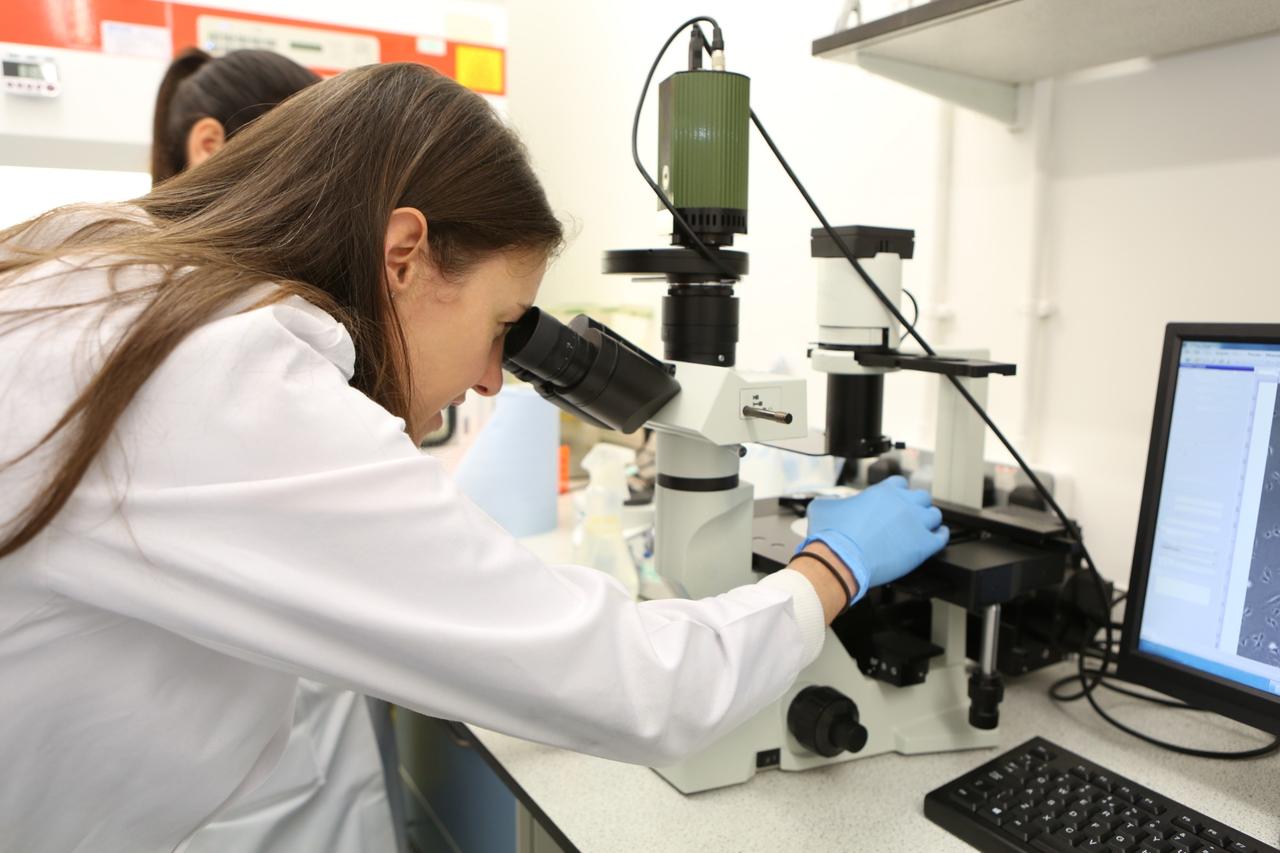What Is Regenerative Medicine?

Regenerative medicine is an advanced field within healthcare that uses treatments and therapies leveraging the body’s ability to heal damaged tissues and organs. Rather than focusing on addressing symptoms, regenerative medicine seeks to repair or replace damaged cells, tissues and structures.
This article answers questions like “How does regenerative medicine work?” and “What is regenerative medicine used for?”
Types of Regenerative Medicine
The field of regenerative medicine continues to expand as more research is done. Currently, there are three primary focus areas:
- Tissue engineering and biomaterials is a discipline that uses 3D-printed ceramics, metals and polymers as “scaffolds” that tell the body where to grow new tissue.
- Cellular therapies use injections of adult stem cells we all have in our bodies to stimulate the development of new tissue to repair diseased or damaged tissue.
- Medical devices and artificial organs can be used to support or replace failing organs, respectively, helping overcome the challenge of finding suitable donor organs.
How Does Regenerative Medicine Work?
Several types of regenerative medicine treatments are being researched. However, some are already in use. Regenerative medicine stem cell treatments are a good example.
Scientists grow specialized stem cells in a lab, engineering them to behave like a specific type of cell. For example, they might be developed to act like cells in the blood, nerves or heart. When they’re injected into the appropriate location in the heart, for instance, they can repair or replace damaged cells there, functioning exactly as they did. This is just one of several examples of regenerative medicine.
Another is the field of orthobiologics. What is orthobiologics? Orthobiologic treatments use naturally derived substances like proteins, growth factors and cells to heal injuries and improve the function of muscles, bones, tendons, ligaments and joints. It can be effective for orthopedic conditions such as muscle strains, osteoarthritis, tendon and ligament injuries, cartilage damage and slow-healing bone fractures.
What Is Regenerative Medicine Used For?
Healthcare providers use regenerative medicine in many ways, including:
- Type 1 diabetes treatment
- Skin wound repair
- Cardiovascular tissue repair
- Certain cancer treatments
- Brain tissue repair
- Immune system enhancement
- Organ transplants
Regenerative Medicine at Baptist Health
If you have just heard the definition and description of regenerative medicine for the first time, it would be fair to ask, “Does regenerative medicine work?” The short answer is, yes, it does. How well it works depends on many factors, including the injury or illness being addressed, the type of therapy used and others.
Nevertheless, if you have severe osteoarthritis, for example, it’s nice to know that you might be able to get relief through orthobiologics (meaning substances that help your body heal itself) rather than surgery.
Could regenerative medicine help with a health challenge you face? The best way to find out is to talk with your healthcare provider. At Baptist Health, we leverage the most effective treatments to help patients overcome diseases and injuries. If there is an effective regenerative medicine treatment for your condition, your provider can explain it to you.
Check out our online directory to find a Baptist Health provider if you don’t have one.
Next Steps and Helpful Resources
Learn More About Orthopedic Care at Baptist HealthTreating Arthritis in the Shoulder
Is Pickleball Good Exercise?
Pickleball Pros and Cons for Your Health
Sprain vs. Fracture: How to Know the Difference



